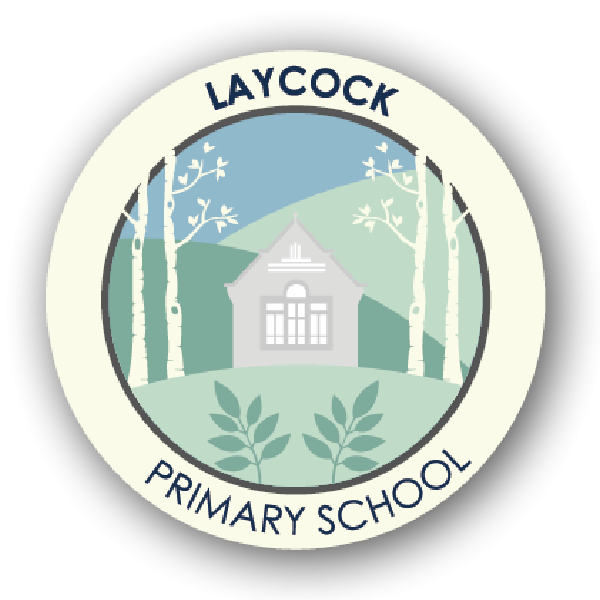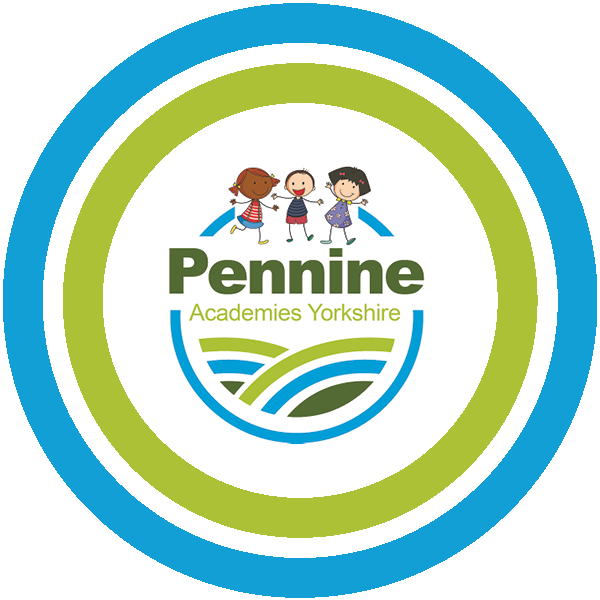Writing
At Laycock Primary School, English is at the heart of our curriculum. We value reading and writing as key life skills, and are dedicated to enabling our pupils to become confident, creative, lifelong readers and writers.
The reading and writing journey begins in Reception, where a multitude of learning activities are available for children to experience books, mark making and phonics, igniting a passion for these skills at an early age. As the children’s journey continues into KS1, the teaching of phonics continues and there is a greater expectation that this knowledge will also be applied to their written work. It is our intention to immerse pupils in quality texts to instil a love for reading, a passion for discovery and a confidence to explore their imagination, which is then transferred to their writing.
Our aim is that our children are able to write with grammatical accuracy and can apply spelling patterns correctly using a neat handwriting style. We aim to expose our children to a wide range of vocabulary so that they can decipher unfamiliar words and then use them when speaking and writing.
Early Years
In Early Years we use Drawing Club to teach children the early conventions of writing. Drawing club is based around the Golden Blend of picture books, tales and animations. It involves a short period of whole class input with teacher modelling, followed by time with children exploring their ideas and creativity.
Drawing club allows children to:
-
be immersed in the world of story
-
learn a treasure trove of new vocabulary
-
develop creativity and imagination to show them that they are extraordinary
Key Stage 1
In Key Stage 1, we follow a book-based approach to writing, immersing the children in a world of stories. The children focus on the basic skills of transcription, spelling and handwriting, before moving onto creative writing once these skills are secure.
Key Stage 2
Writing is planned around high quality, engaging books that allow the children to develop their grammar, punctuation and spelling skills within a context. The children are immersed in challenging vocabulary, which they are encouraged to read, understand and use in their writing. Children are given opportunities to practise these skills within short burst pieces of writing, as well as extended pieces of writing. Older children learn to edit and improve their work, in the same way that a real author would write several drafts of their book.

